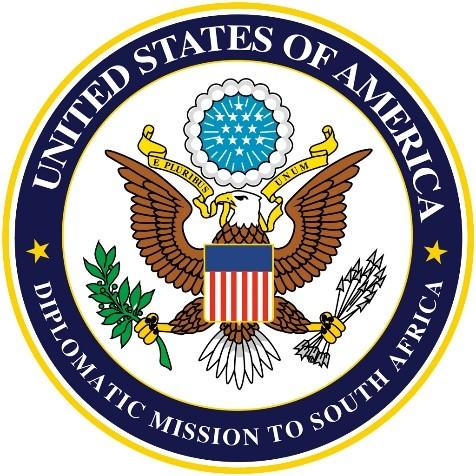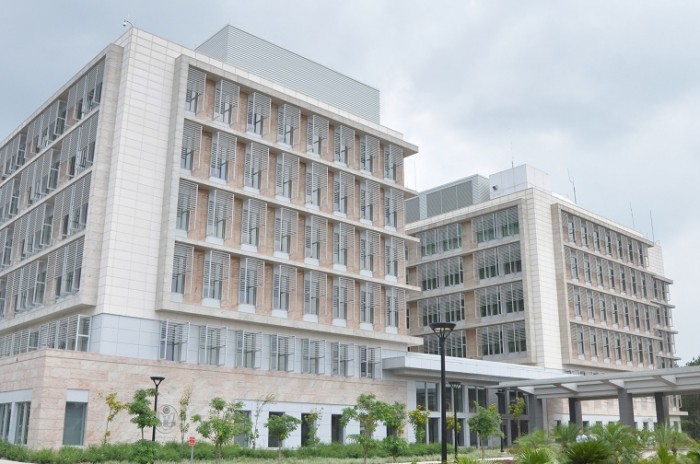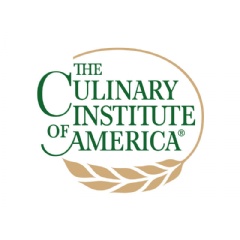Food is the butter to diplomacy’s bread. It is also an incredibly powerful, nonverbal means of communication. Long ago, culinary needs preceded diplomatic needs, opening up ancient trade routes and pathways that eventually shaped the global political and economic landscape of today. Later, in the time of the Silk Road, envoys relied on food and spices for currency, a means for trading, and gifts for strengthening relations with distant powers.
When a nation-state decides to combine food with its public diplomacy strategy, the outcome is gastrodiplomacy. The concept is ancient, but the terminology is relatively new. As Paul Rockower aptly explains, gastrodiplomacy “is the act of winning harts and minds through stomachs.” Culinary diplomacy, on the other hand, as Sam Chapple-Sokol notes, is “the use of food and cuisine as an instrument to create a cross-cultural understanding in the hopes of improving interactions and cooperation” at a higher, government-to-government level (as opposed to government-to-the-public level).
On Tuesday, April 9, 2013, the Public & Cultural Diplomacy Forum at American University is proudly hosting “Gastrodiplomacy: A Panel Discussion and Tasting,” featuring experts Paul Rockower and Sam Chapple-Sokol, esteemed speakers from the Embassy of Peru, Embassy of the Republic of South Korea, and the Embassy of Spain, as well was guests from the Taipei Economic and Cultural Representative Office in the United States. The panel will be moderated by our very own Ambassador Anthony Quainton, and a tasting featuring wines from Spain and other delectable bites will follow.
So what do Peru, South Korea, and Spain all have in common when it comes to gastrodiplomacy?
A passion for highlighting their country’s unique agricultural offerings, culinary heritage, cultural traditions, and national brand. Here’s a run down of some recent accomplishments and news from these gastrodiplomacy players.
- Peru: Home to culinary ambassador and chef Gastón Acurio, 3,000 varieties of potatoes, and the Humboldt Current. The country garnered the first Cultural Heritage Award by the Organization of American States (OAS) in 2011. Most recently in 2012, Peru’s Minister of Culture Susana Baca announced that the United Nations Educational, Scientific and Cultural Organization (UNESCO) will inscribe Peruvian gastronomy on its List of Intangible Heritage of Humanity. Rachel Wilson published an excellent article with insights into Peru’s gastrodiplomacy campaign.
- Spain: Spain calls to mind the magnificent style of molecular gastronomy at the now closed 3-star Michellin El Bulli restaurant, the brainchild of chef Ferran Adrià. Adrià is friends with José Andrés, another famous celebrity chef who has roots in Spain. Andrés is now part of the U.S. Department of State’s American Chef Corps and is also an honorary ambassador of Spain’s national brand. While Spain’s molecular cuisine seems inaccessible to many, the country is also home to a rich tradition of tapas, world-class hams, and wine. As a part of Spain’s gastrodiplomacy outreach, it hosted a public diplomacy event on “culinary chemistry” in Albuquerque, New Mexico at one of its many Instituto Cervantes.
- South Korea: Click on the following link for the latest gastrodiplomacy campaign news from South Korea, and read on below for a true gastrodiplomacy story. South Korea’s incredible Bibimbap Backpackers team have been hard at work promoting “the beauty of Korean cuisine” around the world since 2011. The above video shares some of their 2011 global tour highlights.
Still don’t believe gastrodiplomacy is actually a “thing?” Perhaps you’ll spy branding efforts and product placements from Spain, Peru, or South Korea on your next trip to the grocery store. Or keep an eye out for pisco sours at happy hours, a new mate de coca on the menu at your local café, or your neighborhood wine shop offering tastings of Albariño and Rioja wines. Or take it from me, personally.
Trips to grocery aisles are always exciting because of the possibility of discovering new continents of flavors, checking out food branding strategies, and maybe getting lucky enough to find beloved food items from far-flung lands on the shelves of the local supermarket.
For many of us in the United States, the wholesale giant Costco is a haven for consumer finds (and lunchtime sampling). Costco, with its strategic focus on the customer experience, is also a leader in ensuring that a little-known product may achieve mainstream success in the national market.
So, imagine my happy surprise when I found that my local Costco in West Springfield, Massachusetts, is stocking “Fully Cooked Mini Wontons” from Bibigo, a division of CJ Foodville, the leading and top-grossing food-service corporation in South Korea.
Bibigo has arrived…at Costco!
“Look! It’s Bibigo! This is part of South Korea’s gastrodiplomacy campaign! It’s here, it’s here.” I whispered to passersby, who stepped out of my way.
I doubt anyone who overheard my enthusiasm understood the significance of Bibigo’s product presence on local freezer aisle shelves, nor that they knew this mini wonton concept had traveled 6,800 miles across the world to fulfill diners’ appetizer and snack desires. Bibigo is about so much more than mini wontons, too. (Take a look at their sleek bibimbap chain in Los Angeles and other cities.)
But you, dear reader, you know that gastrodiplomacy is a public diplomacy thing. You will hopefully attend our event, listen to our speakers, engage in conversations with our students and faculty, and you will know how Bibigo’s presence on Costco shelves, is a really, really big deal. You, too, may whisper with excitement when you chance upon gastrodiplomacy discoveries in your local Safeway or Giant.
So, here’s to engaging conversations on gastrodiplomacy! We hope to see you at our upcoming event on Tuesday.
Mary Jo can be reached @pd4socialchange.
This entry was posted on April 5, 2013 by mjpham, in Articles, Uncategorized, Upcoming Events and tagged American University, culture, Diplomacy, food, gastrodiplomacy, PCDF, peru, Public Diplomacy, School of International Service, south korea, spain, strategic communication, taiwan. Bookmark the permalink. 1 Comment










